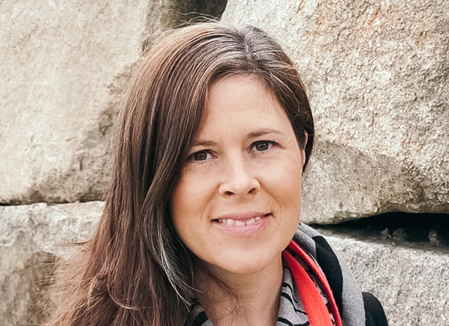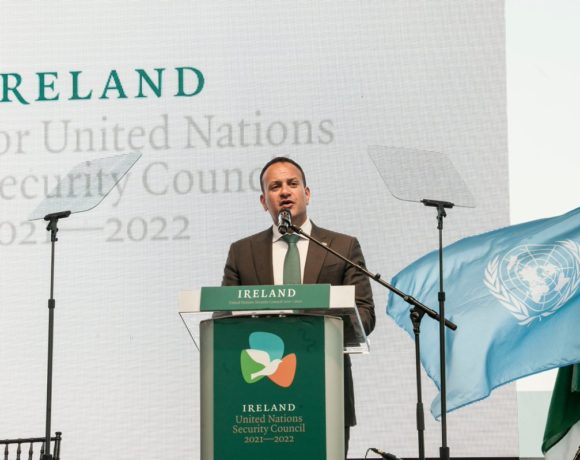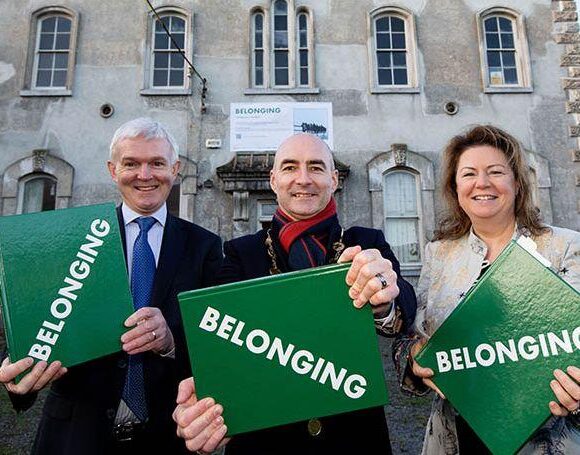Council Journal would like to present the sixth episode of our Women in Business podcast series, featuring Trish Scanlon of SoapBox Labs.
Trish is the Founder and Executive Chair of SoapBox Labs, a software that was created for voice recognition in children.
The idea for SoapBox came about after a long career in the tech world, and noticing how her young daughter interacted with an iPad.
After a lot of research, trial and error, SoapBox was eventually brought to market and is now used in children’s education to further their learning.
Read what Trish had to say to us below or listen to the full conversation on Spotify or Soundcloud! Stay tuned for more episodes of our Women in Business podcast series coming soon.
How did your journey into the world of entrepreneurialism begin? And where did SoapBox come from?
So I had spent much of my career working as an engineer, first as a software engineer and PhD student. Then I graduated and then I ended up working in industrial research which was the bridge between university academia system and industry. I worked in Bell Labs furthering research that was more applied, I met with business schools, value propositions and I really enjoyed that role. I enjoyed challenging the business models and trying to figure out what we could be doing next. I didn’t realise it at the time but I probably was always an ‘intrapreneur,’ as they call it and I didn’t even know that was a thing back then! I was always pitching internal competitions or pitching ideas to upper management about what we could be doing but obviously I worked for a huge company, multinational, that has many layers of management which I found frustrating as I could see key things we needed to change. At one point I decided that if I was going to do this, I just needed to make the jump, leave and start something on my own.
When I did so, I had two young kids and I was observing my daughter who was not even four at the time, and she was interacting with educational apps on an iPad back in 2013. This one programme was trying to teach her to read and it kept playing sounds, phonic sounds and quizzing her with little tests. Afterwards, the app would send me emails to say that she passed them and I thought, ‘wow, my girl is a genius!’
Then however, when I tested her on it she had no idea what any of the sounds were. So then I had to watch her doing it and realised that it was multiple choice, if she didn’t choose the right one the first time she would choose it then next time. So she was scheming the system!
I had spent my career up until that point working in speech recognition and AI, so basically voice AI. What I didn’t realise until that moment was that I had been working on adult speech recognition. We had paid zero attention to child’s voices, the whole industry! Watching her learning made me realise that adult speech recognition will never work for kids. They don’t have anything comparable in the acoustic signal in the voice or the language composition, or even the behaviours, the background noise. So to me that was a lightbulb moment.
What was a challenge that you had to overcome when creating SoapBox Labs?
One thing that’s hard about working in the deep tech and AI arena, was that nobody thought that AI and speech recognition would ever take off. I was out there trying to raise money and convince people that this was going to be successful. That’s a huge challenge in innovation and deep technology; if you are ahead of the curve and trying to build stuff for the future, it’s very hard to get people on board. Investment is risk, and people want to de-risk as much as possible.
Who or what is your biggest inspiration?
Ah, that’s always such a hard one to answer! I always really like people who just rebuff the trends and go for it. Looking out across the field, some of the more inspirational people would be the Primeminister of New Zealand, everything she did during the pandemic, people can argue about whether it was the correct thing to do, but it was strong. It took leadership and it took empathy.
What would be your best advice to someone just starting out as a woman in business or entrepreneur?
Talk to everyone, listen to yourself. There’s any number of people with great advice out there, and there’s any number of people with opinions; they don’t always overlap! But it is good because I think every time you go out with someone and get a coffee you generally come away with something of value. Genuinely, if I had listened to people, I would have given up much earlier on in this journey. The advice was, you know, ‘How can you take on big tech?’ ‘I don’t see how you’re going to do that,’ and I actually got told that voice recognition had peaked in 2016 and things like that. I took everybody’s advice, as politely as you can in those situations, and then I moved on. Talk to everyone, in every area not just your own area and most importantly, potential clients.
What are your dreams for SoapBox Labs for the next 5-10 years?
So for all of us at SoapBox, it has been our mission to get our technology into the hands of as many kids as possible. What we did, and we’re really proud of this, is taking an ethical approach to AI. One of the first things I did was engage with Safe Harbour, an American data company, about how we could safely and ethically store data and make sure that it’s used for good. I had worked in AI for years and I was aware of its capabilities as well as its complexities in terms of data storage, so this was hugely important to me as a business owner but also as a parent. This wasn’t cheaper or quicker, but it was working in a thoughtful way that ensures we can always stand over everything we do.













